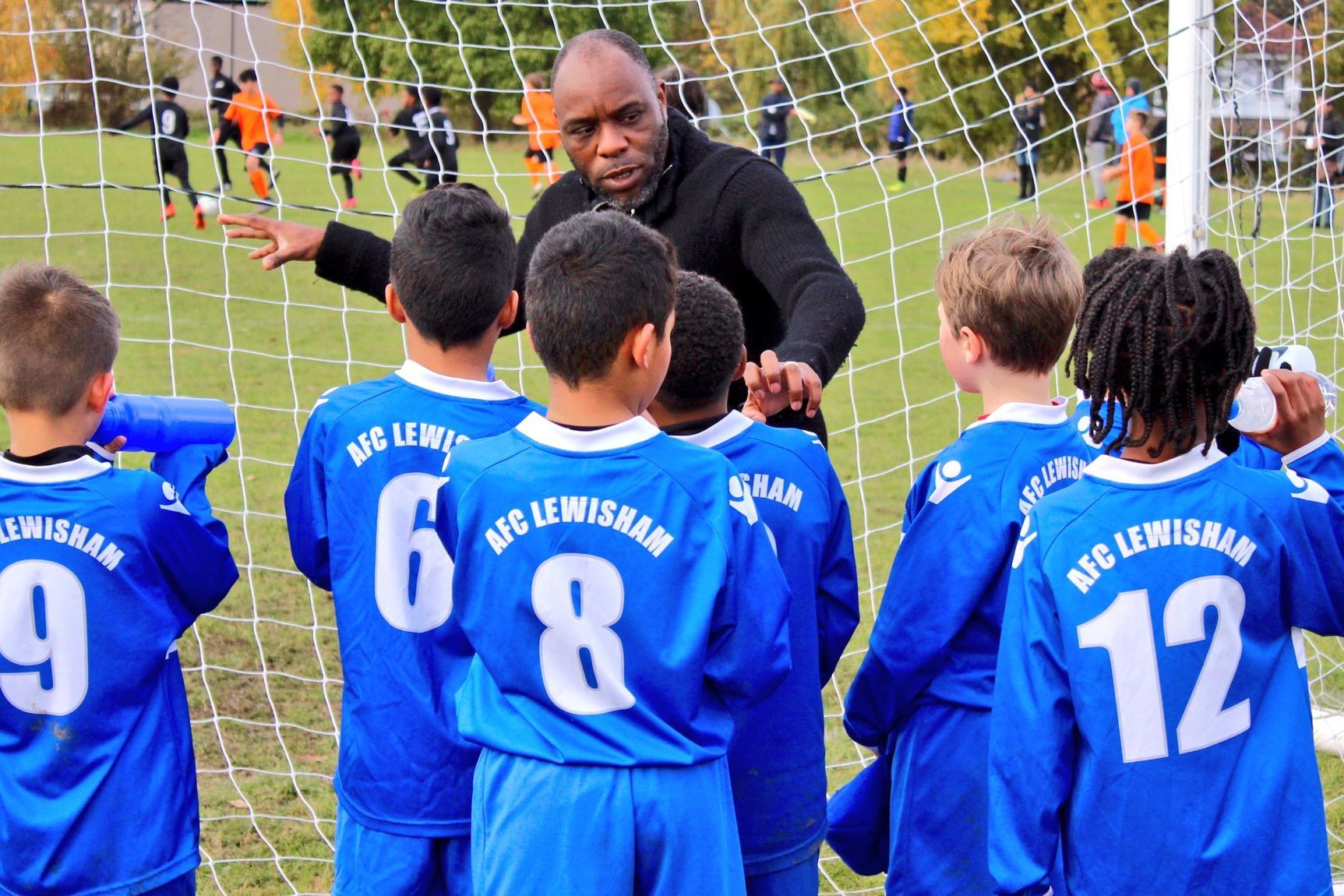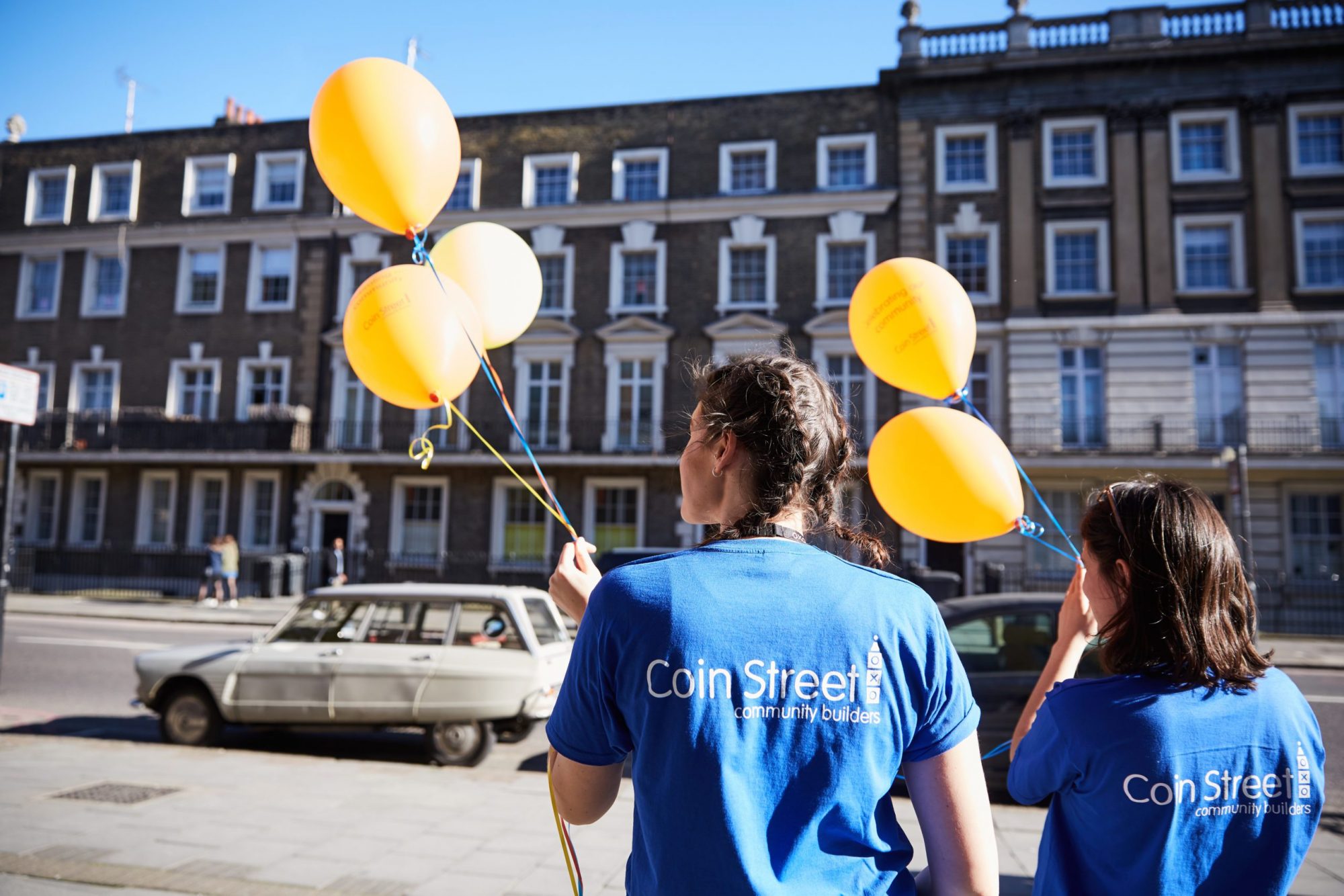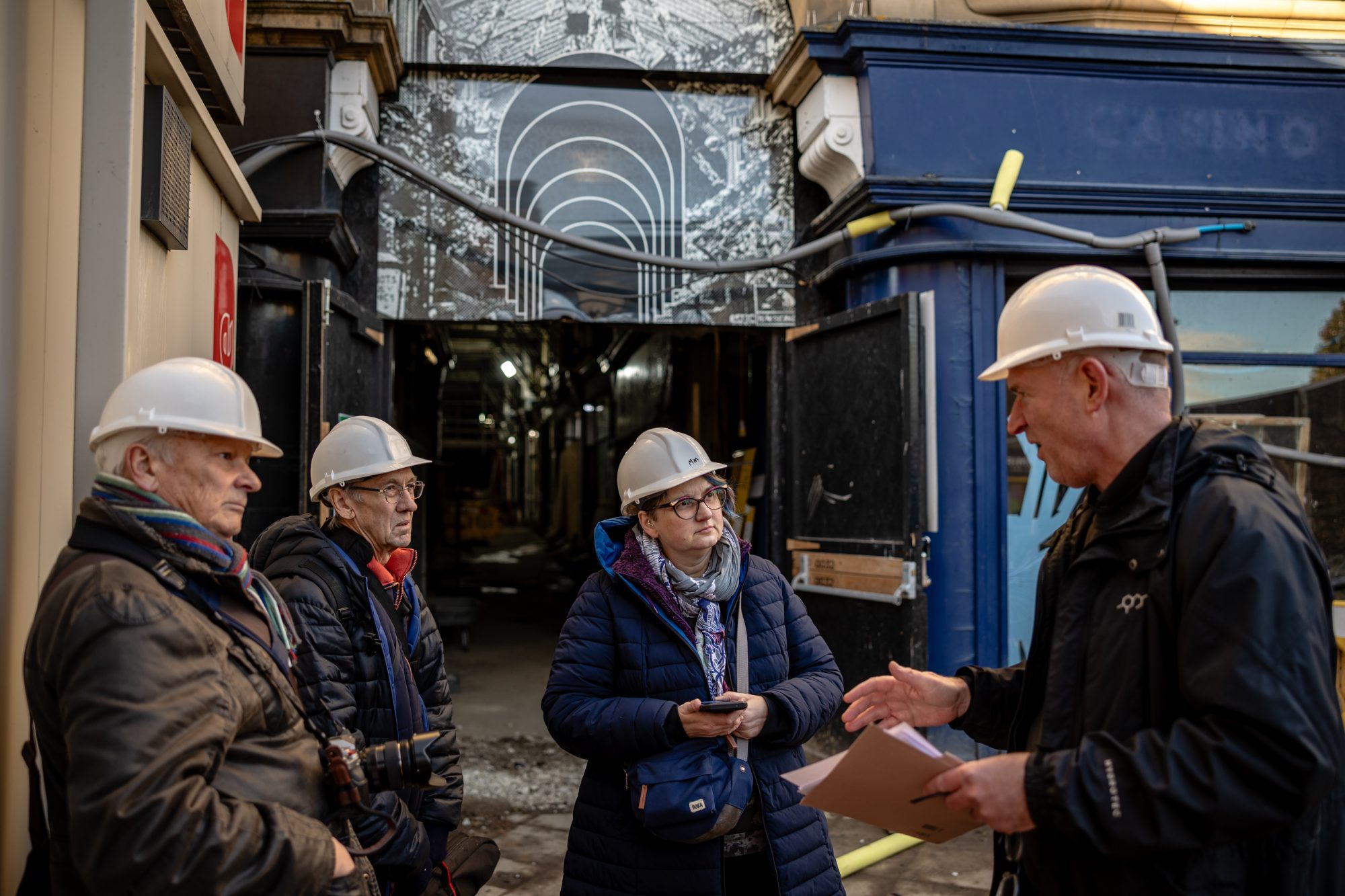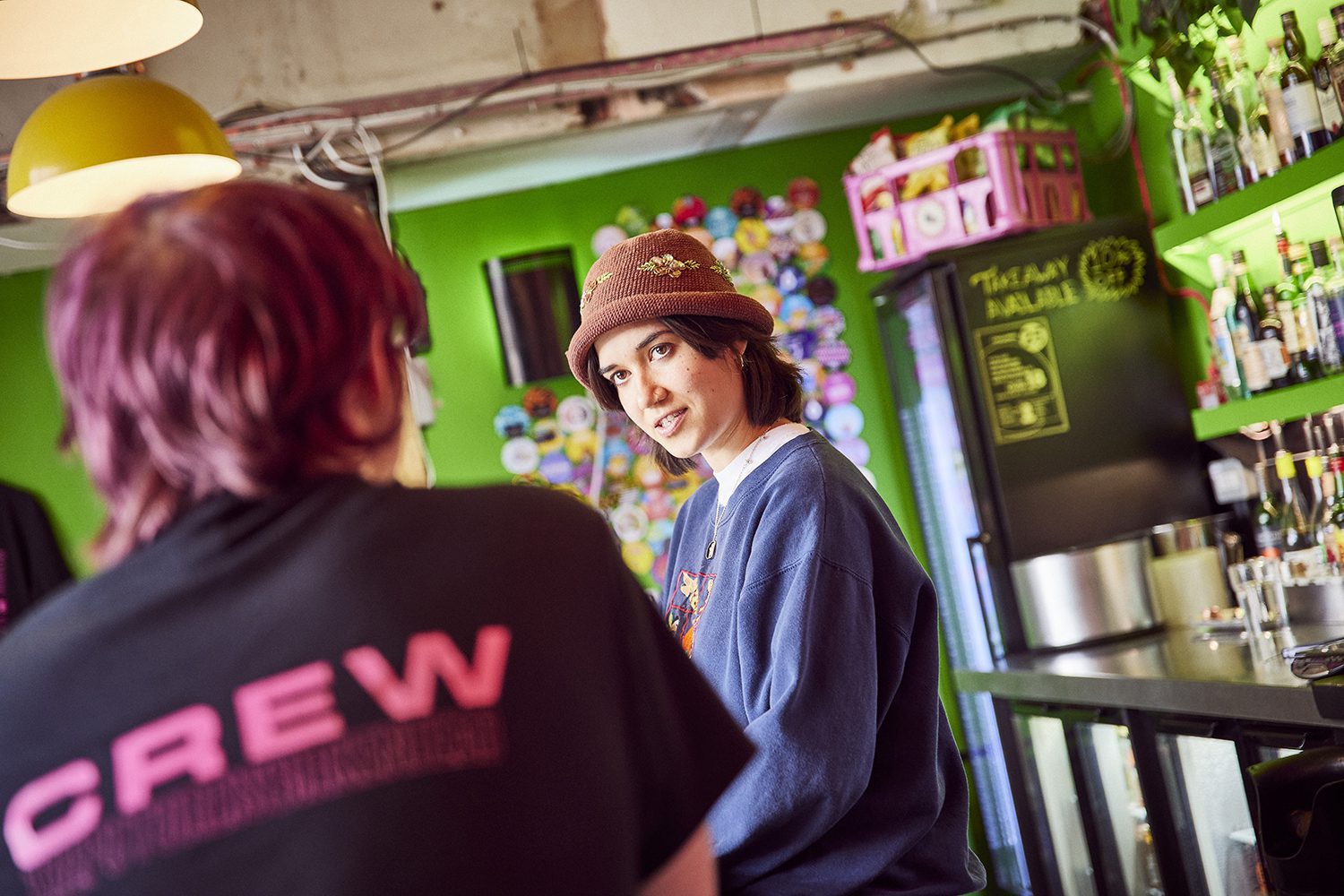Lewisham, like much of the capital, has a vibrant multi-cultural population. It also has its fair share of problems. Low academic achievement, high youth unemployment, deprivation and knife crime are part of every-day life in this south London borough.
So, for one resident, Josephine Mayendesa, when her 13-year-old son expressed an interest in joining a football club but was only able to get a look in outside the borough, travelling across London after school in the dark, she decided to bring football to him and set one up on their doorstep.
“I said to my son, ‘don’t worry I’ll set up a club’. He said, ‘are you sure?’ and I said ‘yes’. Then I thought to myself, ‘my God, I can’t do this’, but I sat on my computer, looked at what needed to be done and thought, ‘I’m going to give this a go’. I told him to talk to his friends and ask them to come for a training session, I called the league secretary, formed a structure and phoned my son’s friend’s parents.”
In March 2012, Josephine held a meeting. 15 parents had said they were interested; only three turned up. Undeterred by this, and a lacklustre response she received from the wider football community as a woman with an accent on a mission, Josephine made her older son the head coach, herself the club secretary and her husband the welfare officer and chairman.
They bought footballs, collected some of the boys from their houses and started practising at the local park on Saturday mornings. Surviving on minimal subs, they were able to start hiring a space, affiliated themselves to the London FA and grew the club to what is now 12 strong teams and 120 juniors.
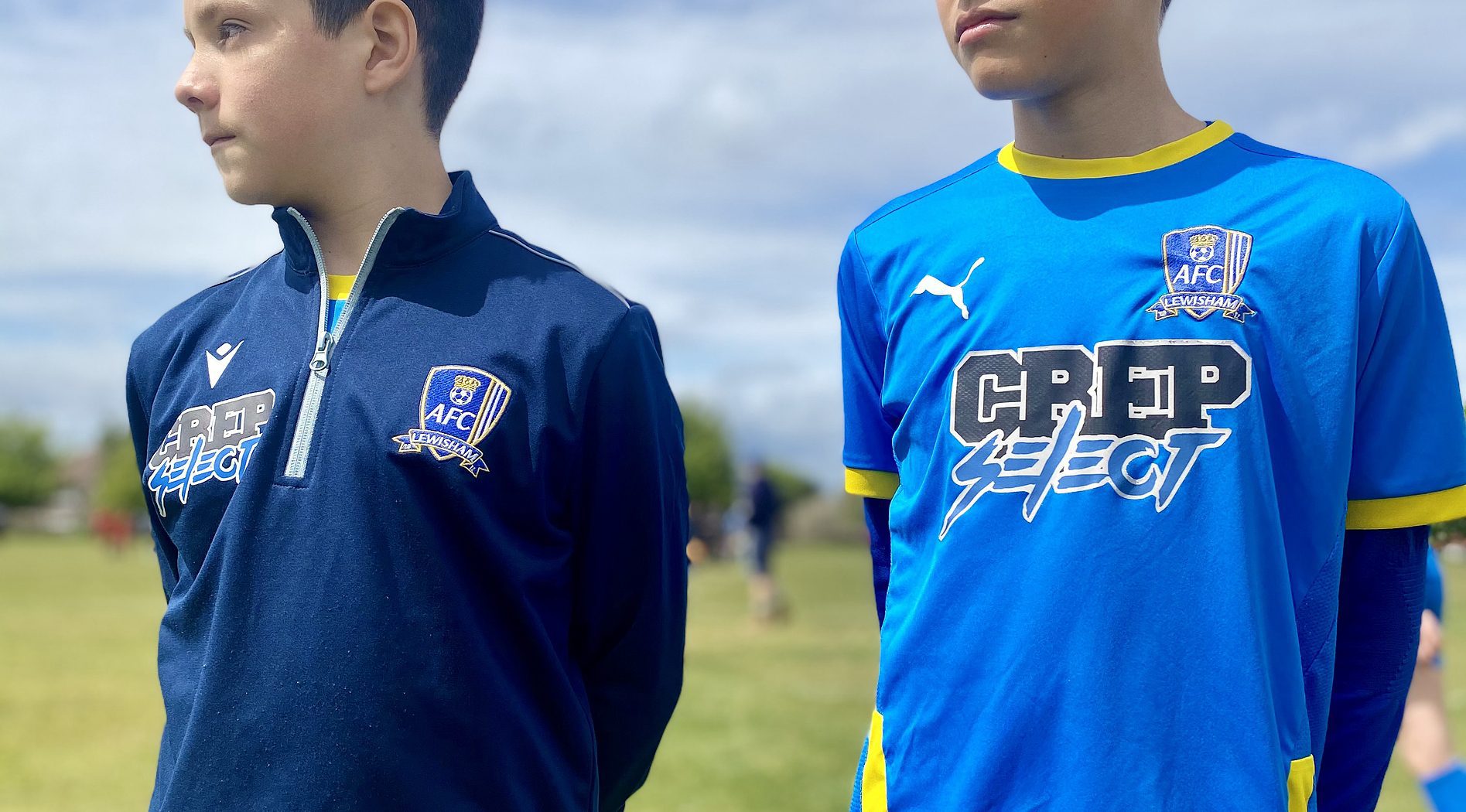
“In the first year, we lost 40 games, won one. I worried that the kids wouldn’t come back. They all did. That second year we finished in the semi–finals of the London Cup, second in the league. We were promoted to the A League and attended a tournament in Spain. The boys raised the money to go at the local Tesco where they packed bags in return for donations from shoppers. Representing England, they opened the tournament in front of 4,000 people. I can’t believe we did that.”
Driven to be genuinely inclusive, AFC Lewisham is a community interest company limited by shares investing profits back into the club. “Having something for the kids to do after school, knowing who they are spending time with at this vulnerable and important time in their life is critical. Several of the boys who started as children now work or volunteer for the club.
“We’re also having a positive impact in our community, welcoming newcomers to the area and to the club. Relationships are forged on the touchlines between Somalian, Nigerian, Caribbean, South American and Albanian families who might not otherwise mix.”
When Covid hit, the club’s subs income evaporated. A £15k grant from Power to Change’s Community Business Renewal Fund proved a lifeline helping to cover the running costs of their recently secured home ground, for which they have big plans. Power to Change also supported their crowdfunding campaign for a 3G pitch, which is just the backing the club needs to become more self-sufficient.
“We want to give back to the community. We are more than a football club. We are a community resource. Everyone is welcome here.”
